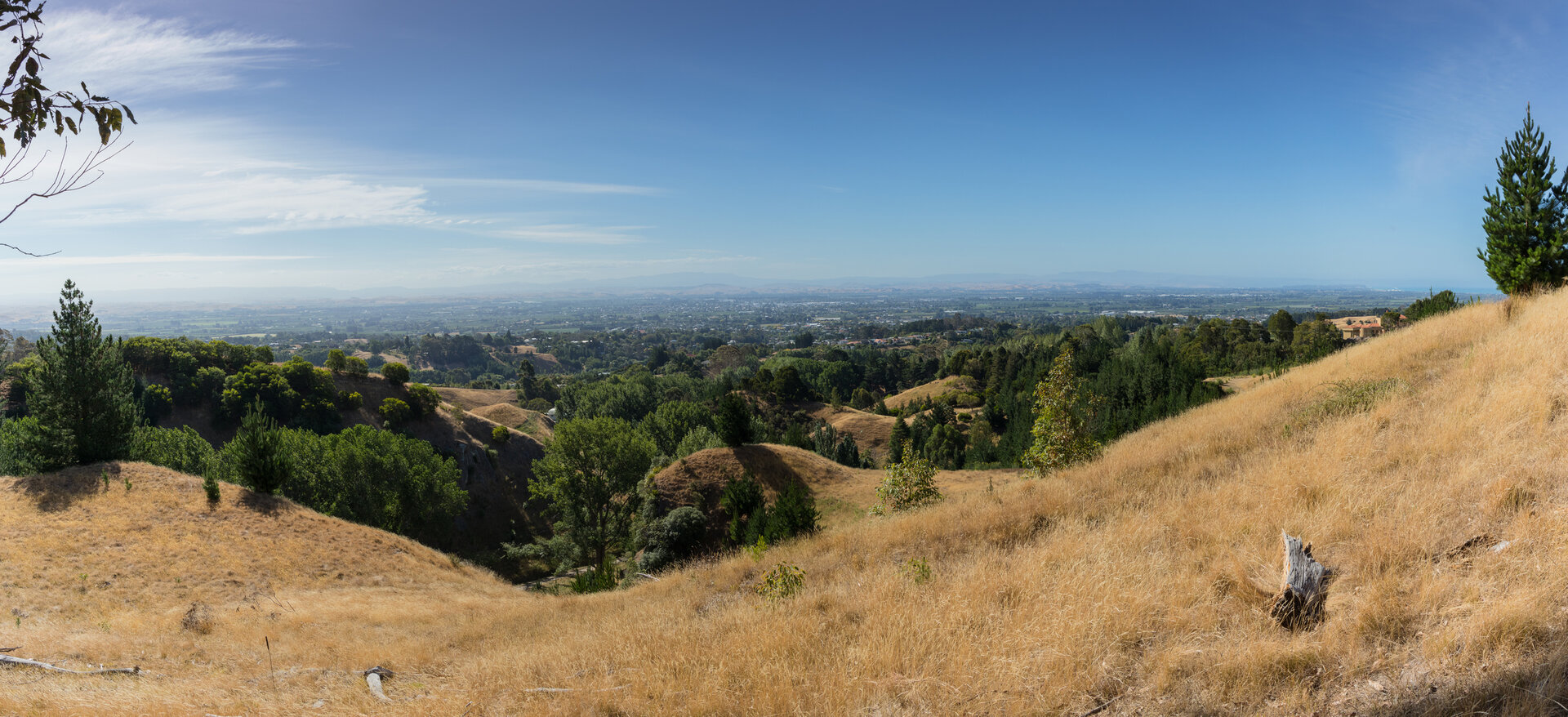When things are going well, we tend to take the attitude of “I’ve got this.” It’s so easy to forget that without God we are fragile and helpless. As Bill Crowder reminds us, it’s best to keep our eyes on God always, as our circumstances can flip in a moment’s time.
Our Daily Bread - February 27, 2020 - Unexpected Change
You do not even know what will happen tomorrow. James 4:14
READ JAMES 4:13–17
In January 1943, warm Chinook winds hit Spearfish, South Dakota, quickly raising the temperatures from -4° to 45°F (-20° to 7°C). That drastic weather change—a swing of 49 degrees—took place in just two minutes. The widest temperature change recorded in the USA over a twenty-four-hour period is an incredible 103 degrees! On January 15, 1972, Loma, Montana, saw the temperature jump from -54° to 49°F (-48° to 9°C).
Sudden change, however, is not simply a weather phenomenon. It’s sometimes the very nature of life. James reminds us, “Now listen, you who say, ‘Today or tomorrow we will go to this or that city, spend a year there, carry on business and make money.’ Why, you do not even know what will happen tomorrow” (4:13-14). An unexpected loss. A surprise diagnosis. A financial reversal. Sudden changes.
Life is a journey with many unpredictable elements. This is precisely why James warns us to turn from “arrogant schemes” (v. 16) that do not take the Almighty into account. As he advised us, “You ought to say, ‘If it is the Lord’s will, we will live and do this or that’ ” (v. 15). The events of our lives may be uncertain, but one thing is sure: through all of life’s unexpected moments, our God will never leave us. He’s our one constant throughout life. By Bill Crowder
REFLECT & PRAY
Father, forgive me for the times I worry over things I couldn’t anticipate or can’t control, and help me to find my rest in You.
When facing sudden change, how do you respond? What do you think an appropriate faith response to life’s surprises should look like?
SCRIPTURE INSIGHT
James warns the rich against arrogant boasting, a worldly and materialistic outlook, and exploiting the poor (James 4:13-17; 5:1-6). Instead of helping believers who were suffering because of persecution, rich believers were exploiting them (2:5-7). In contrast, we’re to use our material wealth to do good (4:15-17). James reminded self-confident and arrogant wealthy believers who believed they had the future in their hands not only to be aware of the uncertainties, brevity, and frailty of life, but also to trust in God who controls it (v. 14). Alluding to Christ’s parable of the rich man in Luke 12:16-21, he warns that trusting in their own selves is sin. The apostle Paul gave similar advice in 1 Timothy 6:17-19. K. T. Sim

